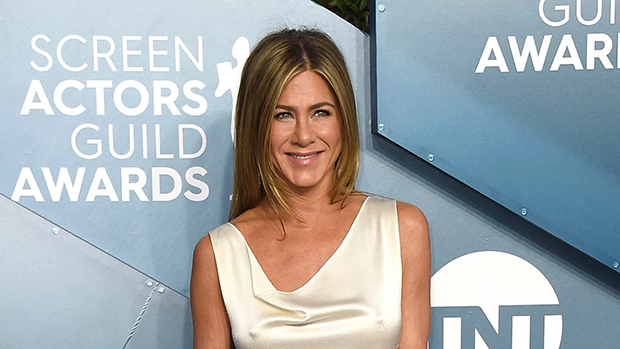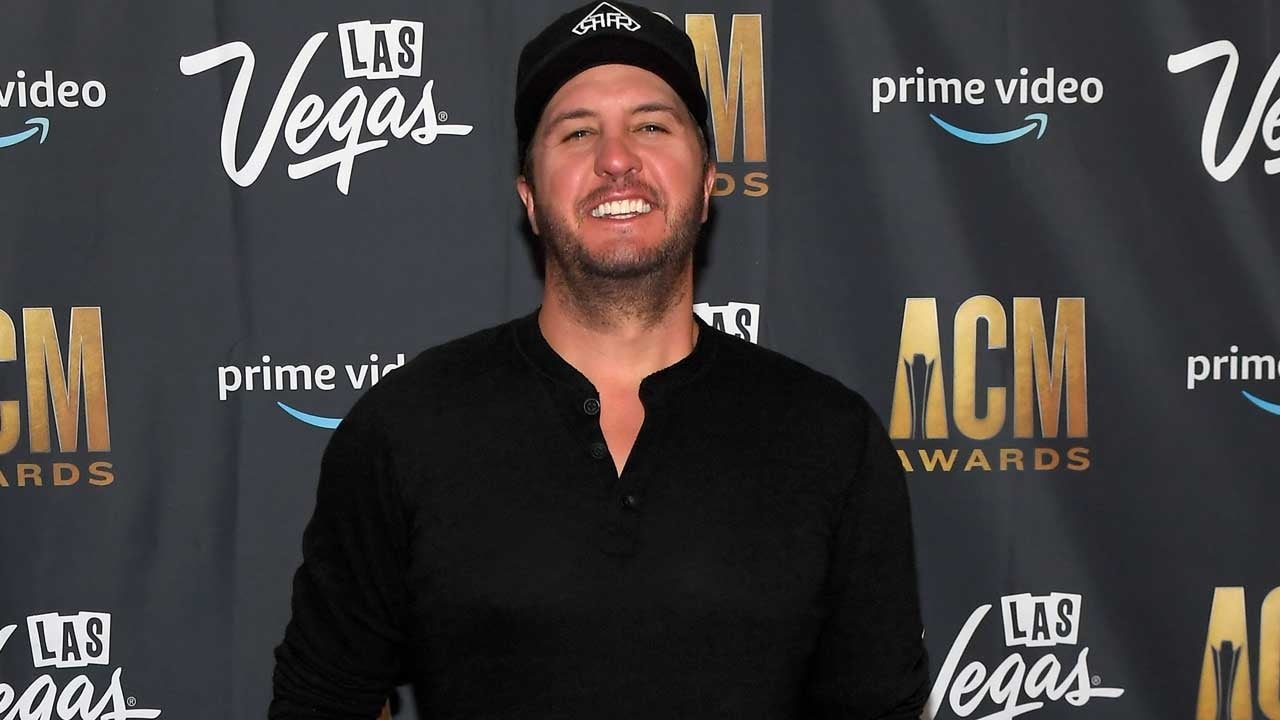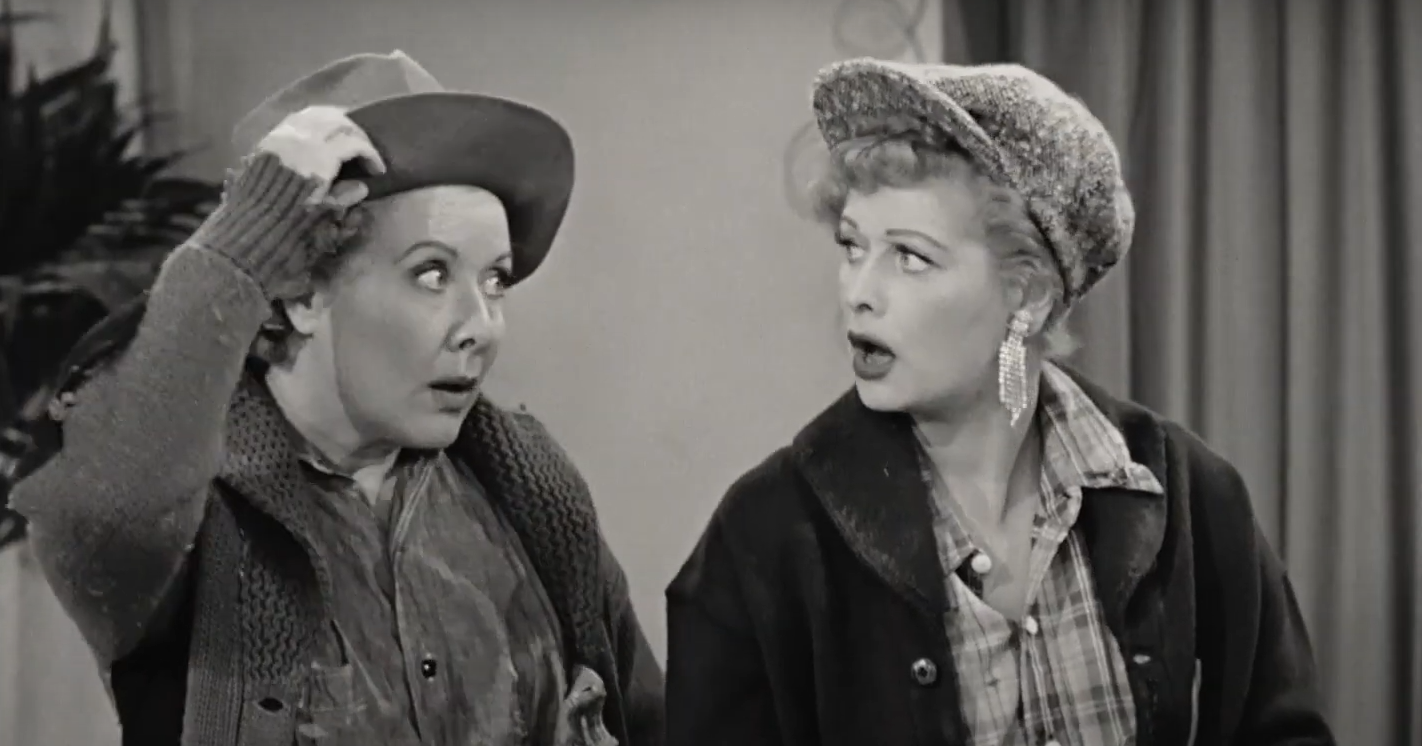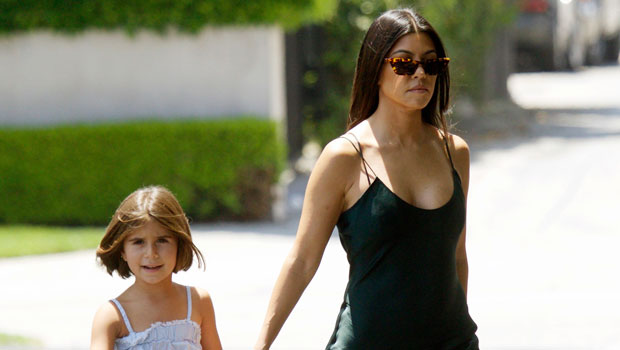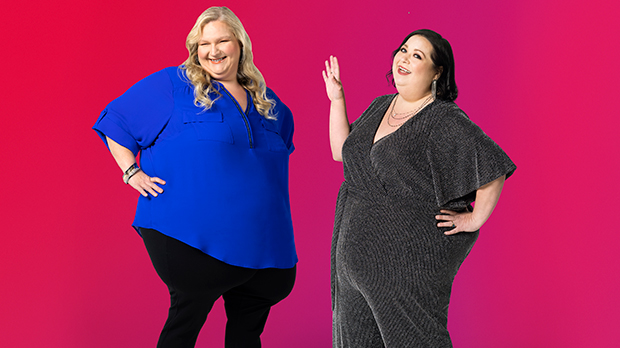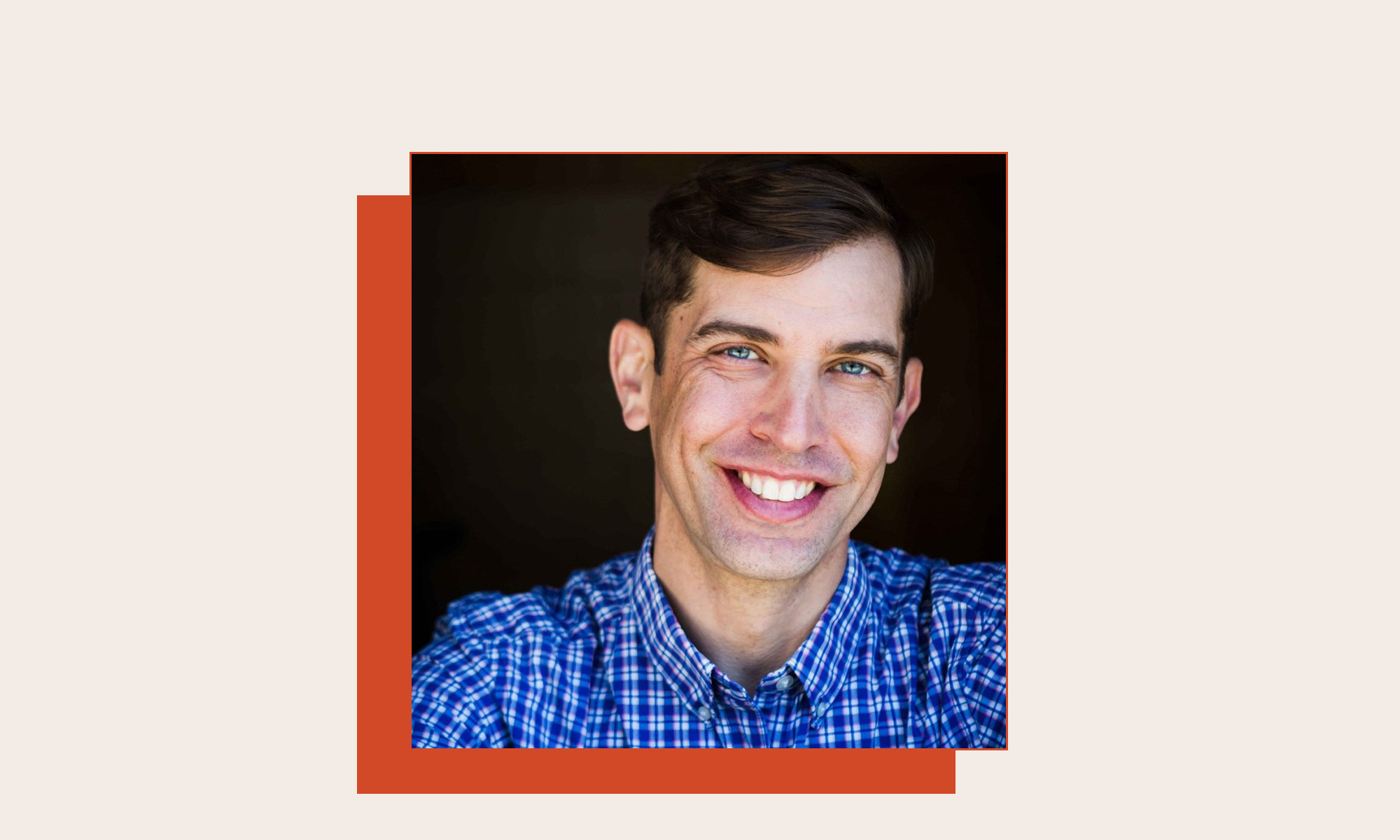TIFF 2022 Women Directors: Malou Reymann – “Unruly”
Malou Reymann is a director and screenwriter who graduated from the National Film and Television School in England. Her debut feature, “A Perfectly Normal Family,” which premiered at International Film Festival Rotterdam in 2020, was inspired by her own...
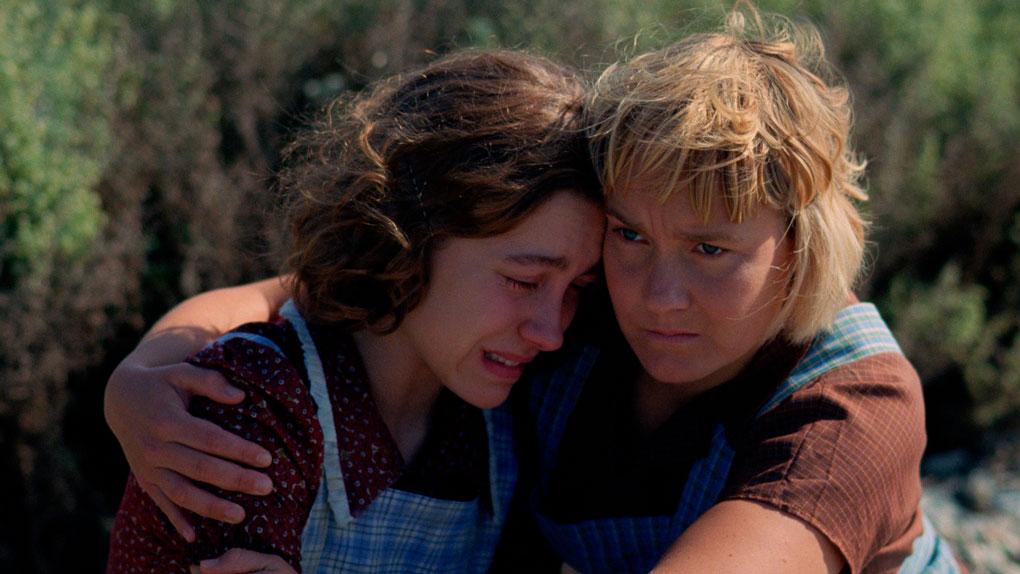
Malou Reymann is a director and screenwriter who graduated from the National Film and Television School in England. Her debut feature, “A Perfectly Normal Family,” which premiered at International Film Festival Rotterdam in 2020, was inspired by her own experience of her dad transitioning from man to woman. “Unruly” marks her second feature film.
“Unruly” is screening at the 2022 Toronto International Film Festival, which is running from September 8-18.
W&H: Describe the film for us in your own words.
MR: “Unruly” is a film about womanhood and about finding hope and strength in a system that uses shame as a power mechanism to regulate women’s behavior, making it both a historical piece as much as a contemporary film.
W&H: What drew you to this story?
MR: When I first heard about the women’s home in Sprogø, I felt like it had to be made into a film and I was amazed that it hadn’t actually been made yet. I really felt like this was something I could connect to and decided that I needed to make it.
W&H: What do you want people to think about after they watch the film?
MR: More than anything, I want them to feel. I hope people will think about how relevant this film is today, even though it takes place in the 1930s. Controlling women’s bodies is sadly still very much an issue we’re struggling with today.
W&H: What was the biggest challenge in making the film?
MR: It’s a period drama so that was super challenging in itself, but it was also a big cast, a lot of locations and a long script, so the scale of everything made it challenging.
W&H: How did you get your film funded? Share some insights into how you got the film made.
MR: We got funding from the Danish Film Institute, the Swedish Film Institute, and DR and Nordisk Film.
W&H: What inspired you to become a filmmaker?
MR: I started acting in my early teens and very quickly I knew that I wanted to be a director.
W&H: What’s the best and worst advice you’ve received?
MR: I don’t know. I’m not sure I received much advice. I try to follow my instincts and my intuition, but to keep having access to your instinct and intuition in this hardcore industry can be very tricky.
W&H: What advice do you have for other women directors?
MR: Make films that matter to you and make sure to protect your process.
W&H: Name your favorite woman-directed film and why.
MR: Maren Ade’s “Toni Erdmann.” It made me laugh so much that I watched it twice in the cinema. I haven’t seen it since, but I think it’s very much the director’s film and that’s what made it so weird and so good.
W&H: What, if any, responsibilities do you think storytellers have to confront the tumult in the world, from the pandemic to the loss of abortion rights and systemic violence?
MH: I think it’s very important to be truthful to oneself as a storyteller, both in the films we make but also in the way we make them. It’s not all in our control, but we can try to change the way we work and how this industry works so that it becomes more humane.
W&H: The film industry has a long history of underrepresenting people of color onscreen and behind the scenes and reinforcing — and creating — negative stereotypes. What actions do you think need to be taken to make Hollywood and/or the doc world more inclusive?
MR: I think it’s all about who gets to tell stories. If the writers and directors are all white men, then we get stories pretty much about white men. I think that’s been the problem for a very long time. It all comes down to the writers and directors – if they are more representative of how the world actually is, then we will start seeing more stories that reflect our diverse world.

 Tfoso
Tfoso 







